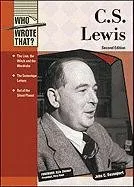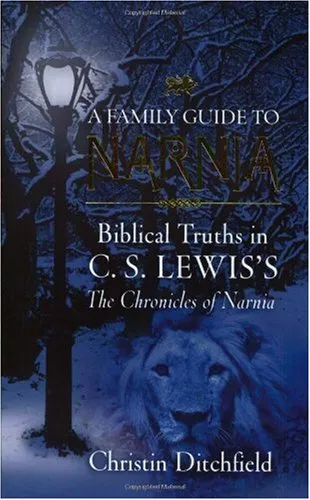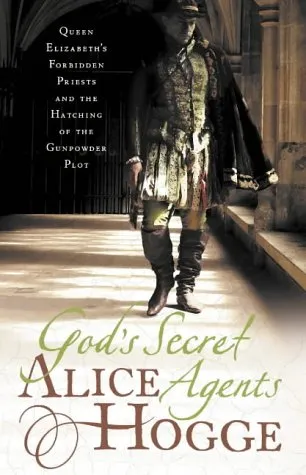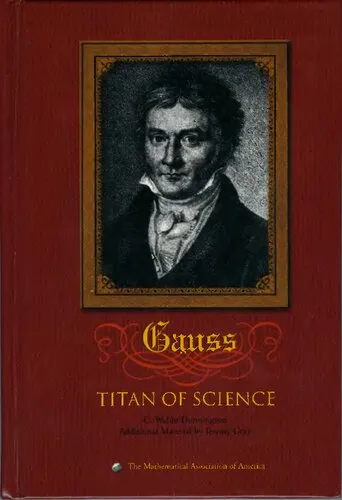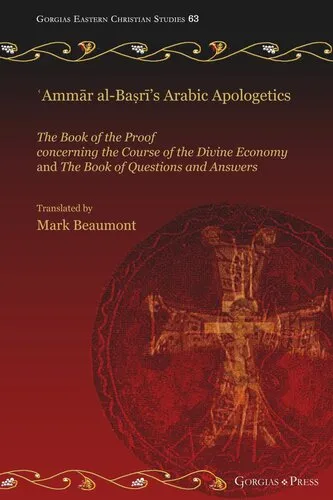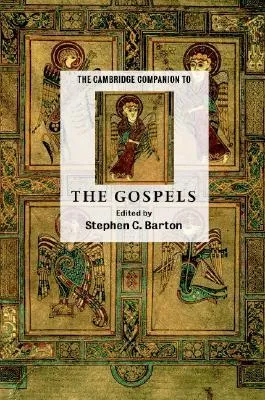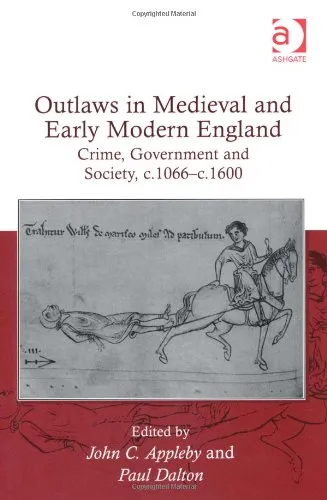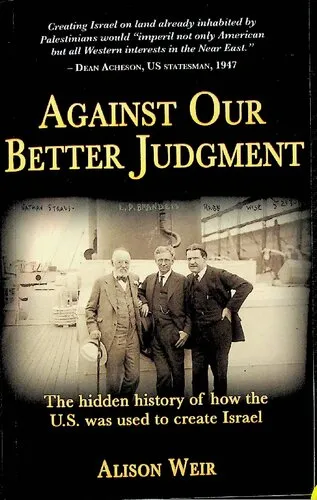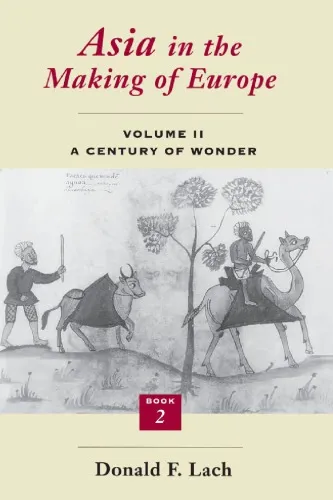C. S. Lewis (Who Wrote That?)
4.3
Reviews from our users

You Can Ask your questions from this book's AI after Login
Each download or ask from book AI costs 2 points. To earn more free points, please visit the Points Guide Page and complete some valuable actions.Related Refrences:
C. S. Lewis is a towering figure in English literature, known for his profound insights into the human condition, spirituality, and imaginative storytelling. "C. S. Lewis (Who Wrote That)" delves into the life and works of this celebrated author, exploring the myriad influences that shaped his writing and his lasting impact on literature and philosophy. This introduction seeks to provide a comprehensive overview of the book's content and significance. Whether you are a long-time admirer of Lewis's work or a newcomer, this book offers a rich tapestry of analysis and appreciation.
Detailed Summary of the Book
The book "C. S. Lewis (Who Wrote That)" serves as both a biography and a literary critique. It paints a vivid picture of Lewis's journey from his birthplace in Belfast, Ireland, to his academic achievements at Oxford and Cambridge. The narrative provides insights into his personal struggles, including the profound effects of World War I and the loss of his mother at a young age. These experiences deeply influenced his works, especially his exploration of pain, loss, and redemption.
Readers delve into the evolution of Lewis's faith, a theme central to his writings. His conversion from atheism to Christianity is explored in depth, particularly how his faith permeated his works such as "Mere Christianity" and "The Screwtape Letters." The book examines his contributions to children's literature through the beloved "Chronicles of Narnia" series, highlighting the allegorical elements that reflect his theological beliefs.
By combining biography with literary critique, the book offers readers a comprehensive understanding of both the man and his literary legacy.
Key Takeaways
- The Journey of Faith: Understanding Lewis's personal faith journey provides deeper insight into the religious undertones in his works.
- Philosophical Insights: The philosophical and theological debates that Lewis engaged in through his writings remain relevant today, offering timeless wisdom.
- Imaginative Storytelling: Lewis's creativity and ability to weave complex narratives into accessible stories is a key theme explored in the book.
- Literary Influence: His works have inspired countless authors and continue to influence modern literature, illustrating the timeless nature of his storytelling.
Famous Quotes from the Book
"I believe in Christianity as I believe that the Sun has risen: not only because I see it, but because by it, I see everything else." - C. S. Lewis
"You can never get a cup of tea large enough or a book long enough to suit me." - C. S. Lewis
"Courage, dear heart." - C. S. Lewis
These quotes encapsulate the essence of Lewis's philosophical and literary outlook, serving as a window into his mind and soul.
Why This Book Matters
The significance of "C. S. Lewis (Who Wrote That)" lies in its detailed exploration of a writer whose thoughts and ideas have transcended generations. Lewis's ability to engage with complex theological and philosophical questions in a manner that is both profound and approachable makes his work uniquely important. For readers seeking to understand the intersections of literature, faith, and philosophy, this book provides an essential guide.
The book not only enriches understanding of Lewis’s literary contributions but also provides inspiration for readers to explore and question their own beliefs and the world around them. This relevance to both personal growth and academic study is why the exploration of Lewis’s life and output remains vital.
Free Direct Download
You Can Download this book after Login
Accessing books through legal platforms and public libraries not only supports the rights of authors and publishers but also contributes to the sustainability of reading culture. Before downloading, please take a moment to consider these options.
Find this book on other platforms:
WorldCat helps you find books in libraries worldwide.
See ratings, reviews, and discussions on Goodreads.
Find and buy rare or used books on AbeBooks.
1494
بازدید4.3
امتیاز0
نظر98%
رضایتReviews:
4.3
Based on 0 users review
Questions & Answers
Ask questions about this book or help others by answering
No questions yet. Be the first to ask!
